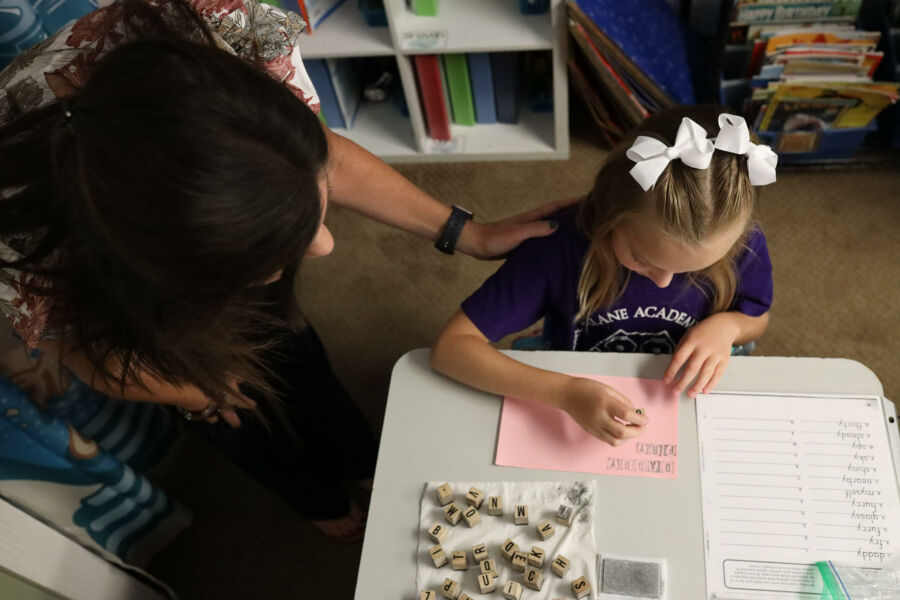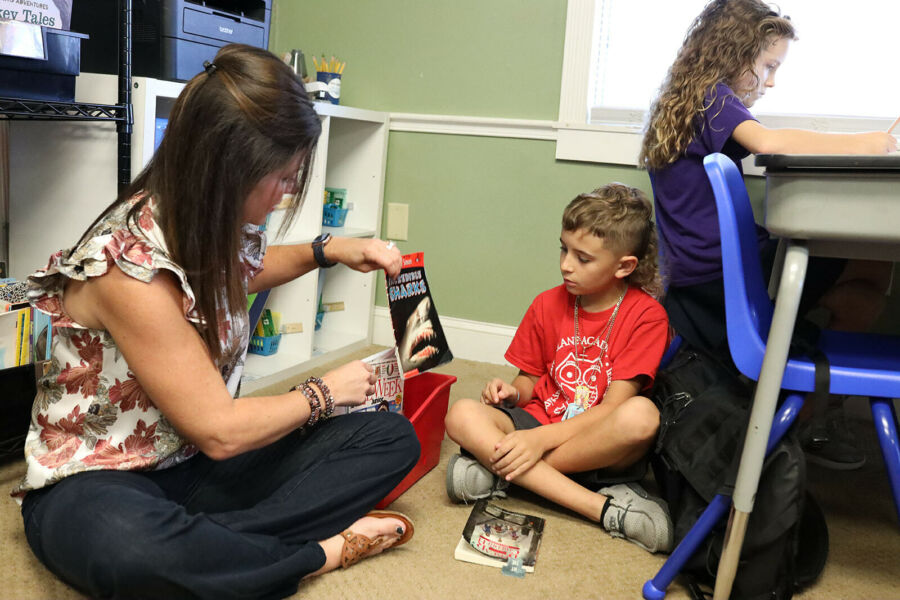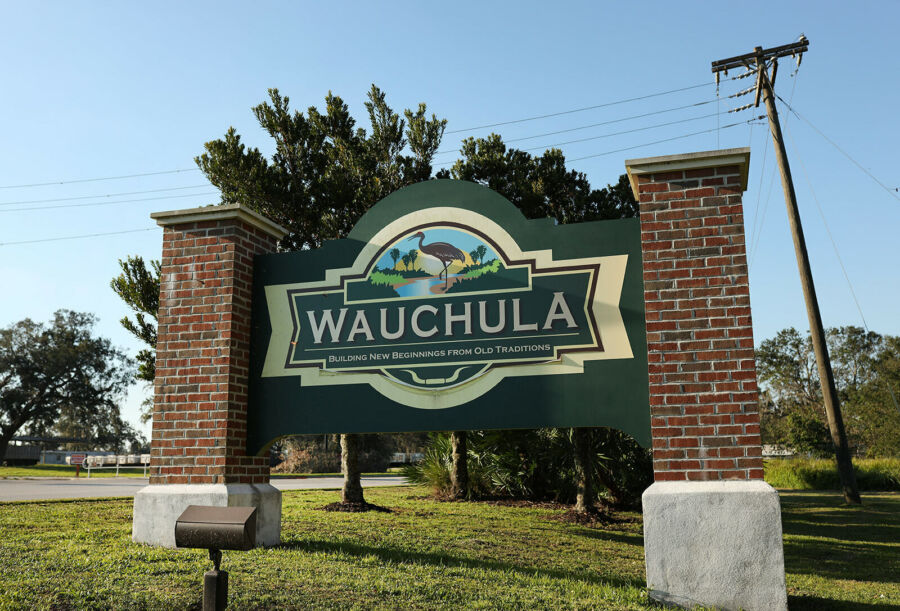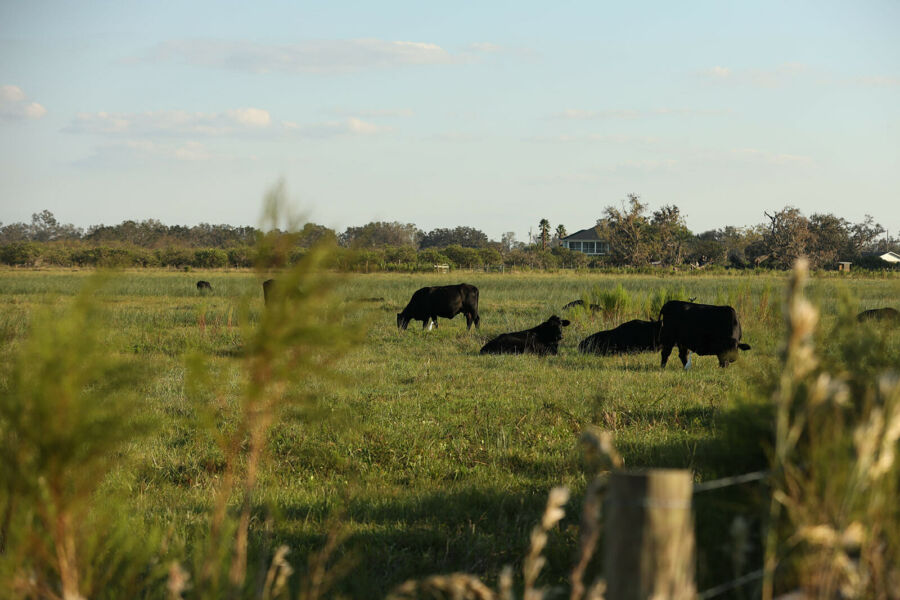 WAUCHULA, Fla.—It wasn’t even about the kids—at least, not at first. Julie Taylor began planning the Alane Academy in tiny Wauchula, Florida because she felt unfulfilled as a teacher.
WAUCHULA, Fla.—It wasn’t even about the kids—at least, not at first. Julie Taylor began planning the Alane Academy in tiny Wauchula, Florida because she felt unfulfilled as a teacher.
“I always knew I wanted to be a teacher, and I was—I was a public school teacher for seven years,” the head of the 75-student rural school deep in the Florida citrus fields explained. “And I met wonderful people there. But I realized that while I loved the students, teachers and schools, everyone’s hands are tied by someone. I was already having to do some things in my classroom, don’t believe in—testing, for example. You say you won’t teach to the test, but you always do.”
Seeking a better career fit, but not wanting to move away from her hometown, Julie began planning her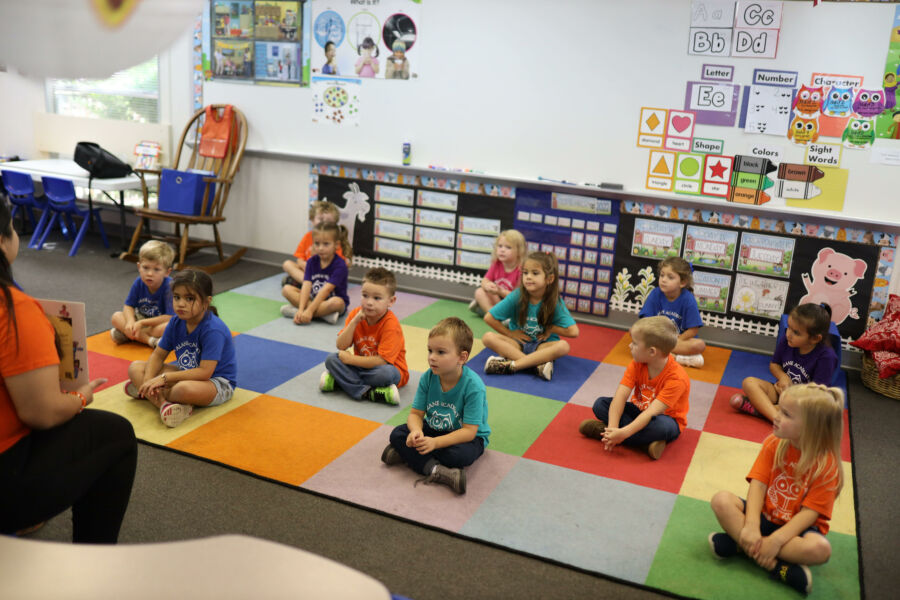 school on the back of a napkin in a Fort Meade restaurant. Planning would last two years; she opened her school 12 years ago.
school on the back of a napkin in a Fort Meade restaurant. Planning would last two years; she opened her school 12 years ago.
“I didn’t know if there would be demand,” Julie said. “It’s just a small town, very traditional. Even now, we’re the only private school around here. But you know what? The world is changing. People are looking for more options. All those years ago, we started with nine kids. We’re now at 75.”
Florida’s parent empowerment programs are helping. About half the students use Step Up Scholarships. The amount varies, but it’s funding that follows the student, rather than is simply sent to prop up a system.
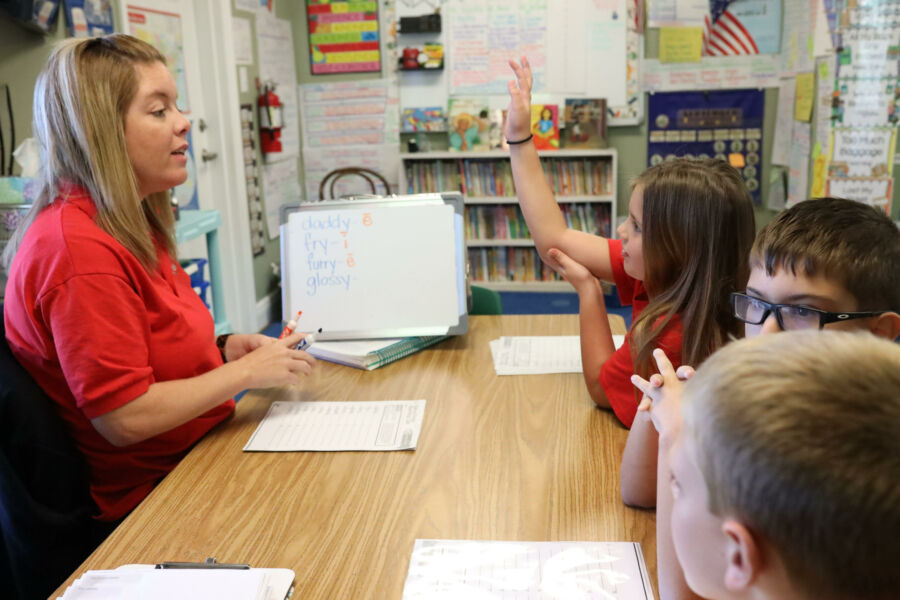 “Some of the scholarships pay $10,000, but most around $7,800,” Julie explained. “I always keep my tuition a little above that. When the families have a financial commitment to make on their own, they’re invested. I have a handful of families who, if they didn’t have the scholarship, they wouldn’t be able to attend private school. Other families, it’s a help to them, and they’re able to afford something better for their children.”
“Some of the scholarships pay $10,000, but most around $7,800,” Julie explained. “I always keep my tuition a little above that. When the families have a financial commitment to make on their own, they’re invested. I have a handful of families who, if they didn’t have the scholarship, they wouldn’t be able to attend private school. Other families, it’s a help to them, and they’re able to afford something better for their children.”
TRANSLATED INTO TEXAN
Here in the Lone Star State, the rural Republicans are historically credited with killing parent empowerment efforts. Though their party routinely reinforces its support for allowing parents to make educational decisions on behalf of their children, some rural GOP officials are less than supportive.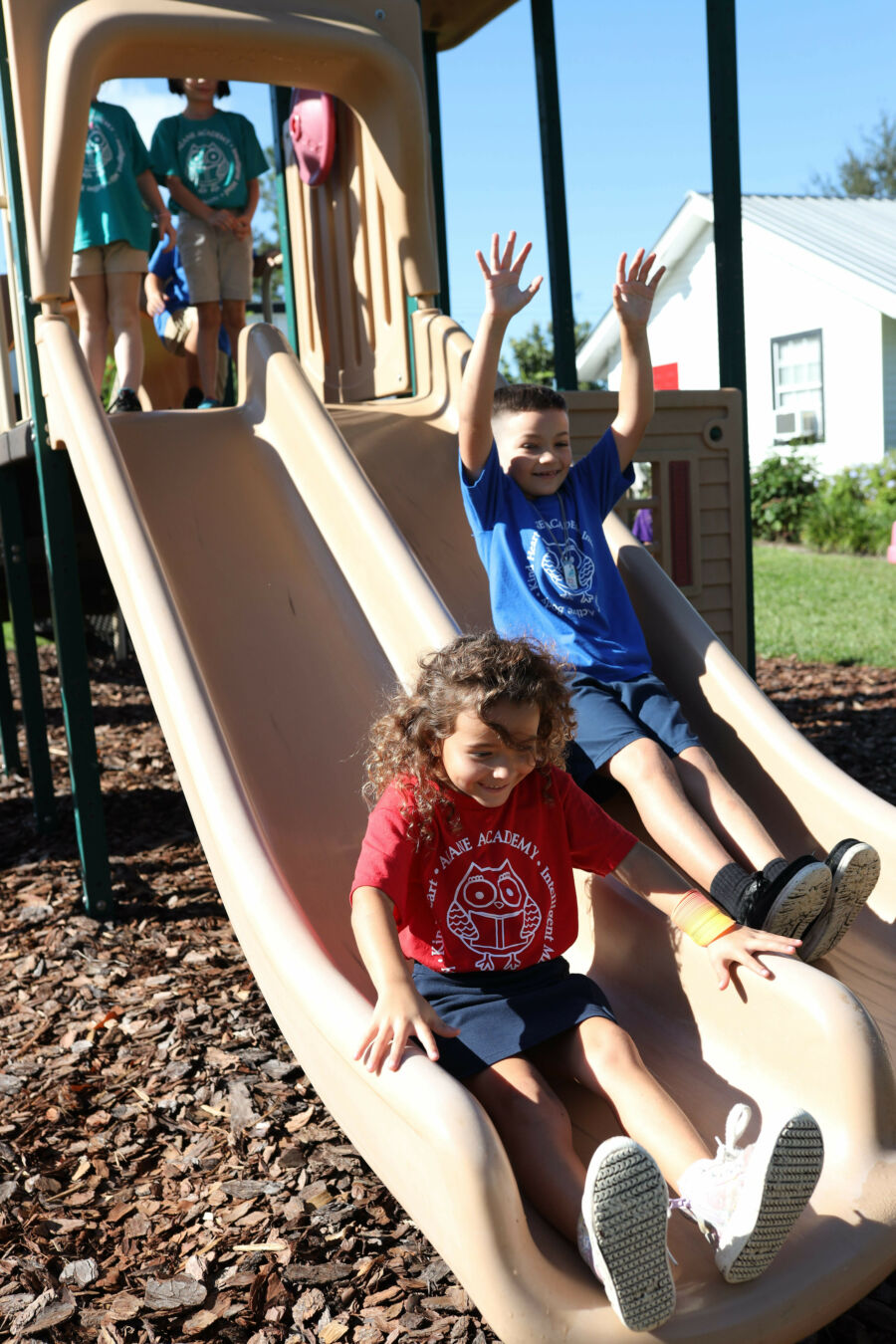
“Conservative efforts to pass school choice measures have failed largely because there are few private schools or charter schools as alternatives outside the state’s larger urban areas,” the Texas Tribune reports. “Also, the public school systems are a large economic and employment driver for most small towns.”
The head of the Texas Rural Education Association says it’s more than just economics.
“The rural school is the heart of the community and everything revolves around that school — the pride, the school teams,” he said.
But Florida’s experience shows that parent empowerment benefits everyone—even rural areas that seem to lack additional options.
These objections to parent empowerment are easily answered. Let’s address them one by one. First, there’s the claim that rural areas won’t benefit because there are no private schools—or even the demand for them.
As Julie learned, parents—particularly after the COVID-19 pandemic and its disastrous educational 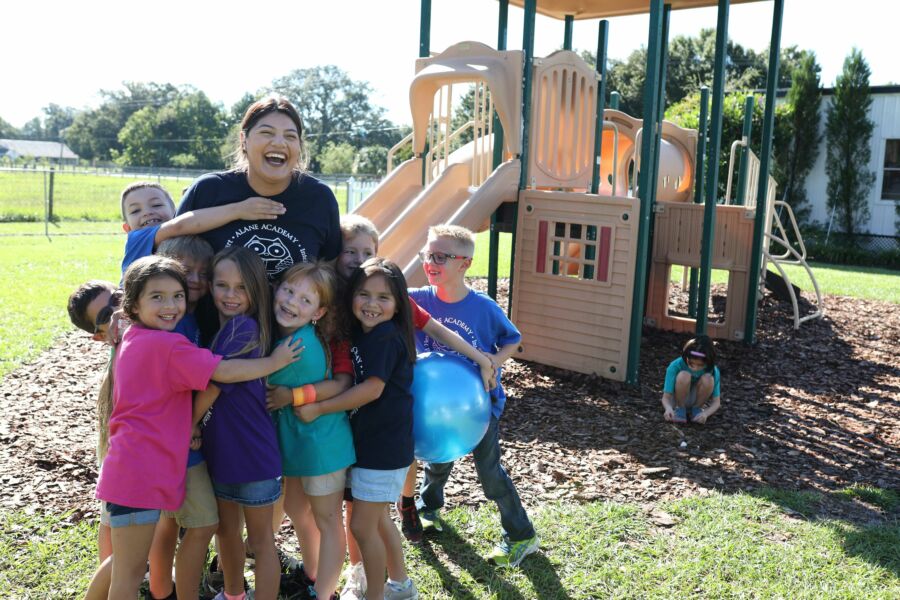 aftermath—want more options. And given the opportunity, they create their own choices.
aftermath—want more options. And given the opportunity, they create their own choices.
According to reimaginED, in the last 20 years, “the number of private school students in Florida’s 30 rural counties has doubled, from 5,354 to 10,965, according to state data. About 70 percent of them use school choice scholarships.”
But school choice funds don’t have to go to private schools. Home schoolers can use the funding for educational materials. And parents in home school co-ops can combine resources and efforts to produce an even more tailored educational experience for their kids.
Second, public schools are a big employer and economic driver (something locally elected politicians don’t want to disturb).
But the fact is, parent empowerment itself can be a significant driver of economic development. Parent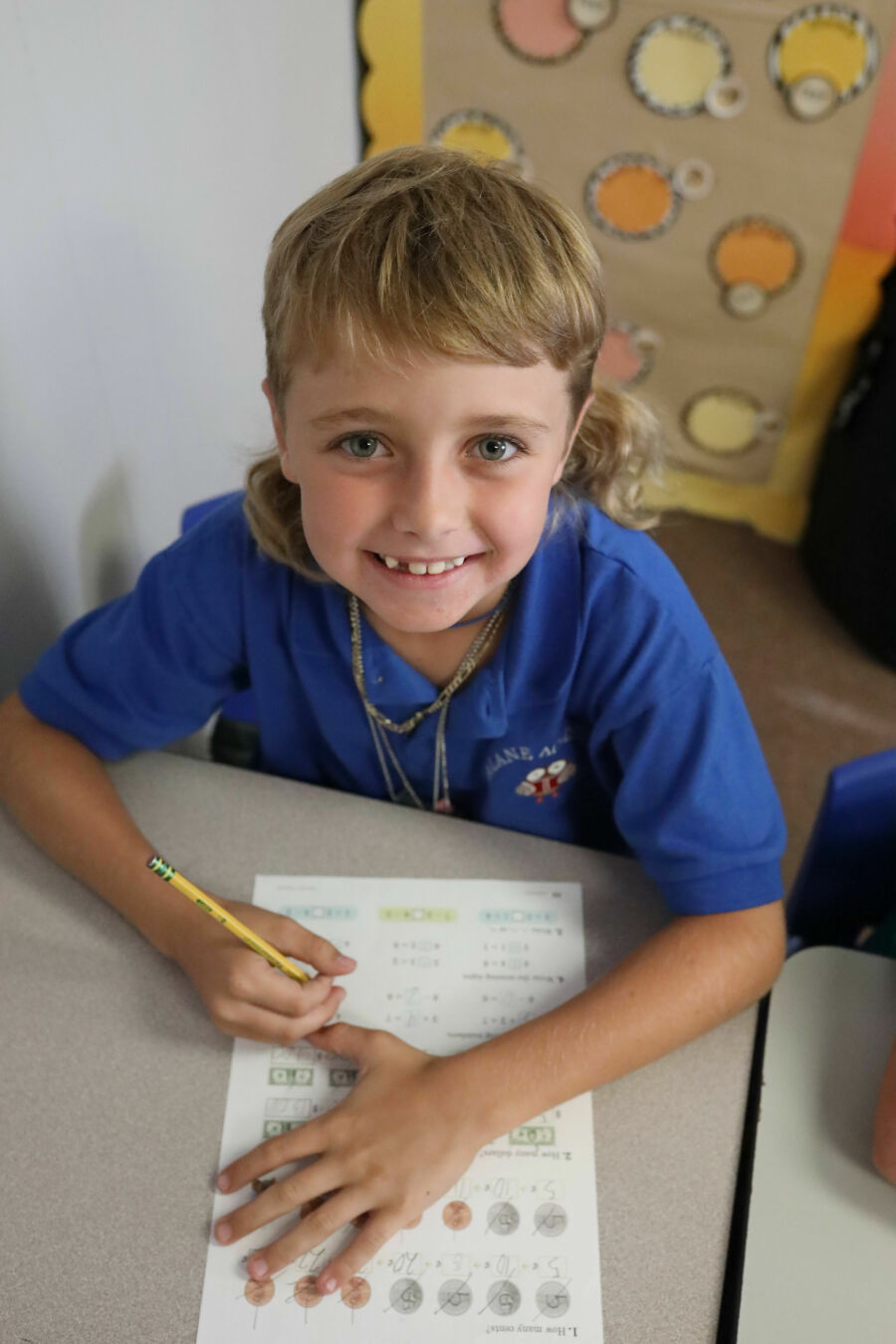 empowerment includes increasing access to quality STEM education, trade schools or—what’s even more promising—apprenticeships and certifications. By 2030, just eight years from now, Texas is projected to be short some 4,000 manufacturing workers, 4,500 HVAC techs, 7,000 plumbers, 10,000 electricians and 13,000 computer network analysts. Rural communities will become stronger by offering students a rapid and debt-free path to prosperity in their hometowns.
empowerment includes increasing access to quality STEM education, trade schools or—what’s even more promising—apprenticeships and certifications. By 2030, just eight years from now, Texas is projected to be short some 4,000 manufacturing workers, 4,500 HVAC techs, 7,000 plumbers, 10,000 electricians and 13,000 computer network analysts. Rural communities will become stronger by offering students a rapid and debt-free path to prosperity in their hometowns.
Nor will an expansion of parental choices harm rural districts academically. So far, 24 studies show that choice and competition benefit local public schools. Competition moves schools to innovate and improve, as districts become more attuned to what parents and students want.
Rural parents are like the rest of us. They want to be sure their children are graduating college or career ready, and have educational and/or job opportunities that allow them to drop roots and start a family in their hometown. Some 157 of the 254 counties in Texas are now shrinking, with some educating fewer than 8,000 students. When they do have career and technical education options, there’s often a mismatch between programs offered (such as agricultural education) and local job opportunities.
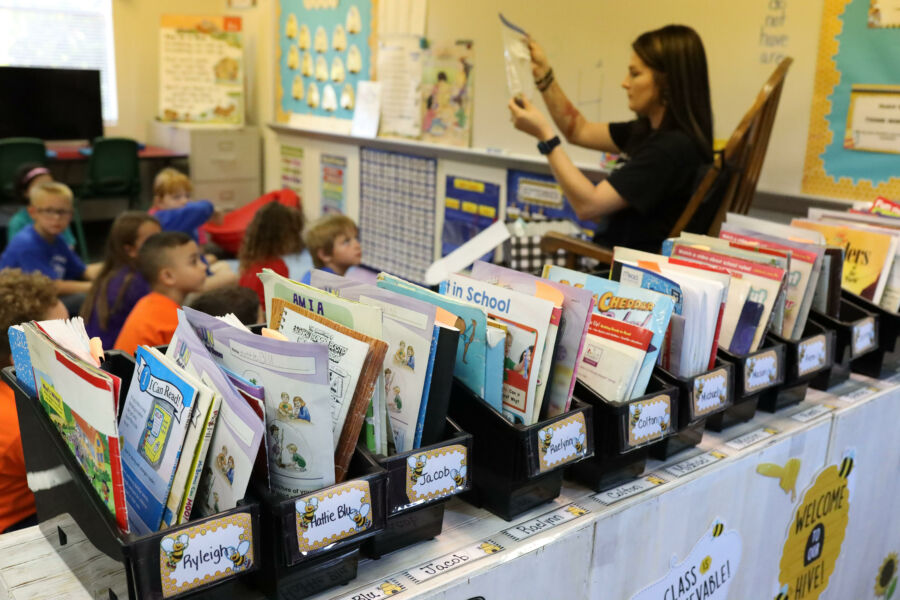 Parent empowerment offers a way to reverse this troubling trend.
Parent empowerment offers a way to reverse this troubling trend.
And finally, rural schools often serve as the heart of the community—especially under the Friday Night Lights. Rural political officials might worry about not being seen to support the home team.
But expanding parent empowerment is a unique opportunity to bring communities together, not further divide them. Under Texas law, private school students and home schoolers can take advantage of the local public schools to participate in traditional sports, including football and baseball, as well as music, foreign language instruction, debate, academic competitions and even robotics. We need more of this—more coming together, not less.
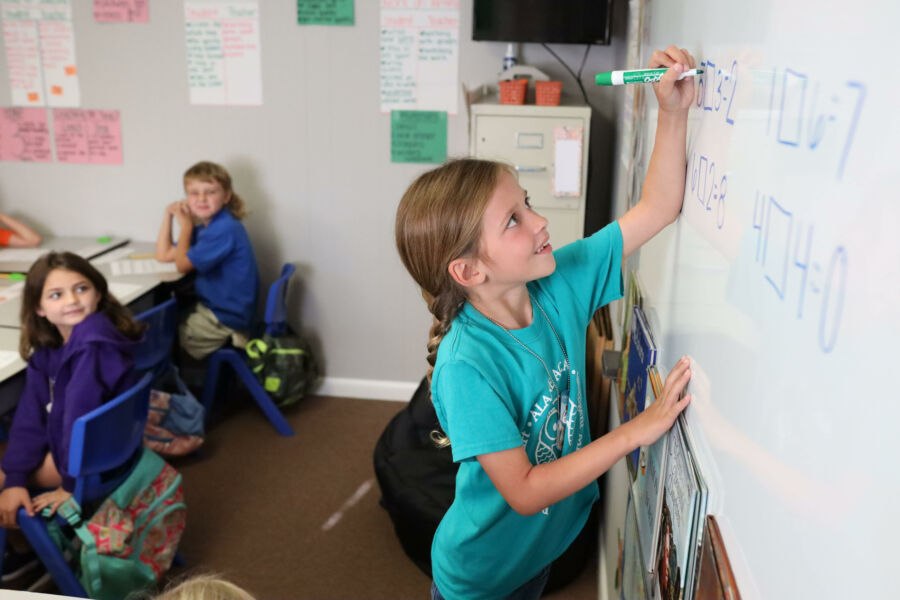
In tiny Wauchula (population 5,001), Alane Academy founder Julie Taylor was once named Teacher of the Year for her work in the public schools. She’s not against public schools—at all.
“Families and kids deserve choices,” she said. “We don’t all thrive in the same environment. This place isn’t for everyone, just as a public school isn’t for everyone and home schooling isn’t for everyone. But parents should decide.”
